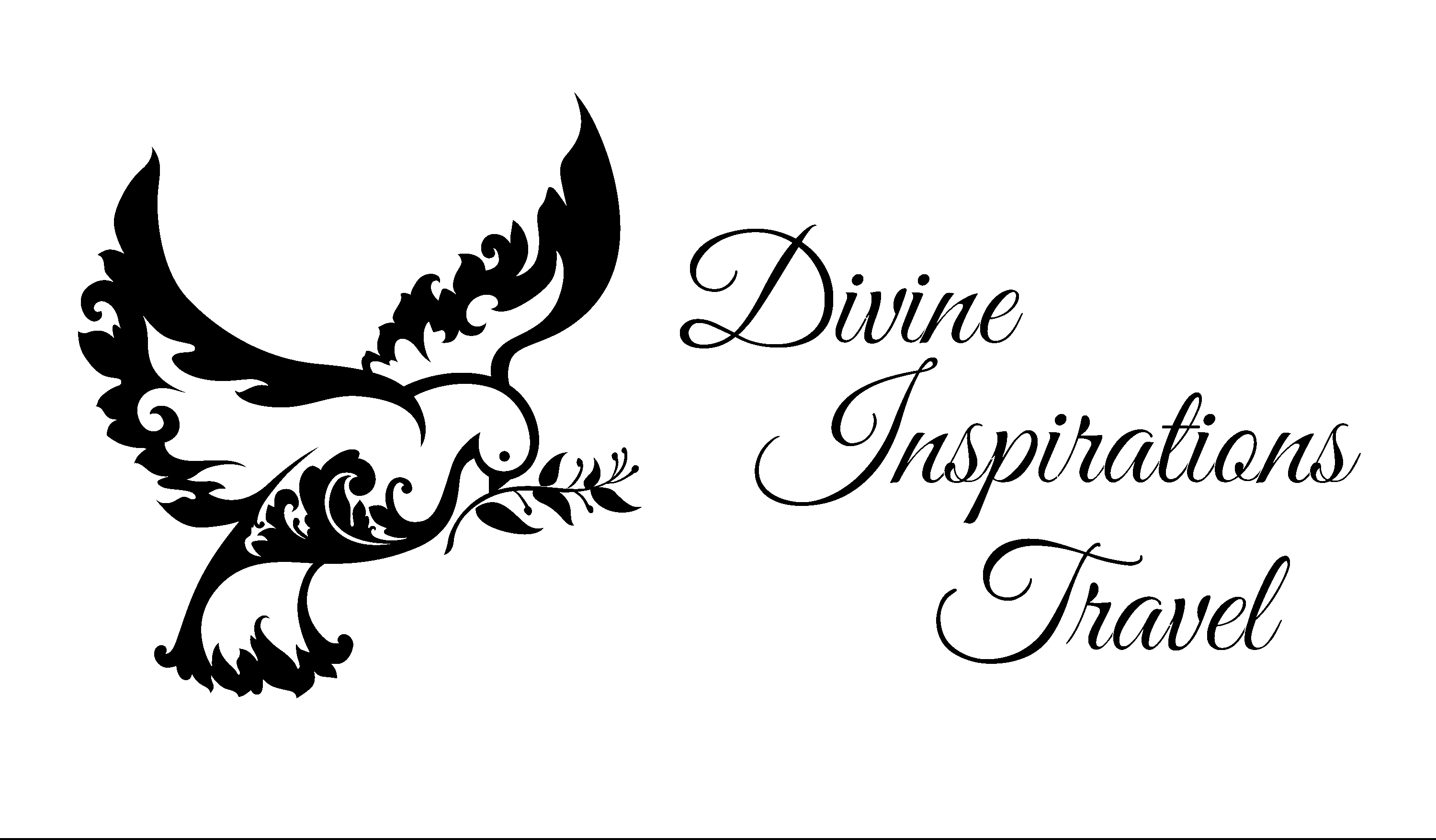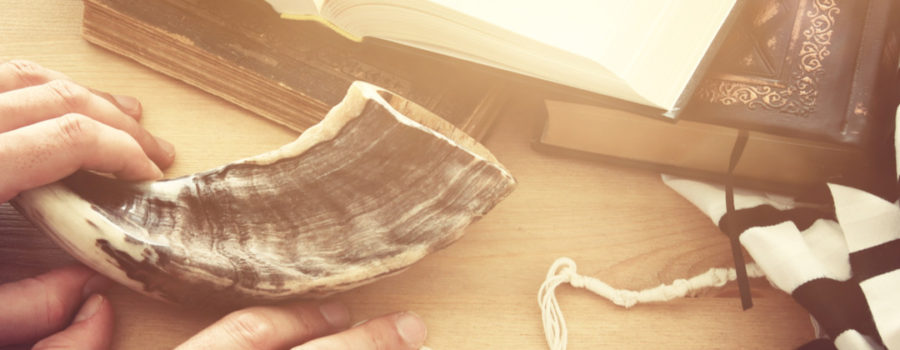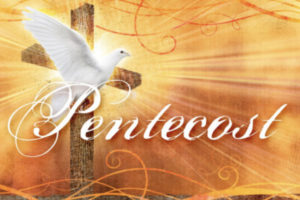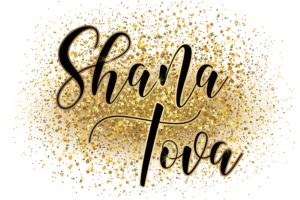Over a decade ago in 2006, I was fortunate to see some of the greatest archaeological finds of history at Discovery Place Museum in Charlotte, North Carolina. Deemed the “greatest manuscript discovery of modern times,” the Dead Sea Scrolls include “the oldest, complete Biblical manuscript ever discovered”— the Great Isaiah Scroll dating to the first century BC. I had grown to cherish the modern translations of Scripture that had drastically changed my life for the better, but news of the ancient manuscripts coming to my hometown was fascinating for me. I simply could not wait to visit the exhibit and had no idea how the course of my life would be altered.
John Mackay, president of Discovery Place, commented during a news conference that “several of the scrolls in this particular exhibition [had] never traveled outside Israel,” and “this particular exhibition [had] never before been seen in any other city in the world.” It was surreal—a once in a lifetime opportunity, and I began to ponder what life may have been like for those who lived before, during, and after the era Jesus (Hebrew: Yeshua) walked amongst mankind on the earth. I also began to wonder about the people who treasured the Word of God to the extent to carefully protect and preserve it. I contemplated how we protect documents such as the Declaration of Independence and the Constitution of the United States, and for followers of Christ (Hebrew: Messiah) the ancient Scriptural scrolls are of far greater importance than national documents—the exception of course being that some of these ancient scrolls truly classify as national documents—Israel’s. Nonetheless, I sensed the magnitude of the opportunity before me and eagerly anticipated the arrival of the exhibition.
The day had finally arrived, and my heart and mind were captivated as I entered the Gallery of the Scrolls and gazed over the ancient texts. I marveled over the end time sections of the Great Isaiah Scroll, the War Rule Scroll, the Aramaic Apocrypha Scroll, and the Deuteronomy Scroll replica that included the 10 Commandments. I wanted to read those ancient scrolls scribed in their original languages, and I never would have imagined the journey God was about to lead me on as a result of that day—a journey of discovery about the God who cherished me beyond understanding and about the heritage of the faith I had grown to deeply cherish as well. My visit to the Dead Sea Scrolls’ exhibit catapulted me into an intimate and personal relationship unlike any other.
It was intriguing for me because I knew God and had diligently read and studied the Bible for over a decade prior to the exhibition. I had personally experienced and witnessed numerous miracles and the comfort of His faithfulness. I understood the people God chose to bring Him glory—the Israelites—were Jewish. I had read about the Twelve tribes of Israel, and about Canaan—the land God chose for the Jewish people to inhabit and dwell. I was familiar with the African-Egyptian enslavement of the Jewish people, and God’s deliverance time and time again. I knew about the numerous battles against the Israelites and God’s faithful interventions, and I knew it was through Jewish ancestry that God had brought forth my Savior and King, Jesus (Hebrew: Yeshua). I understood Yeshua was Jewish, and I knew the first followers of Christ (Hebrew: Messiah) were Jewish believers—Messianic Jews—who believed Yeshua was the Son of God and promised Messiah. I understood these Jewish believers were the first to be charged with the great commission of sharing the Good News with the world…so how was it possible that I had not grasped the Jewishness of the family I had been adopted into as a joint-heir nor the fullness of the Jewish heritage of the faith I had been grafted into as a believer and follower of Messiah (Romans 8:14-17, 11:17-21; Ephesians 3:6)?
Honestly, for many years I did not even realize that which I had not grasped, and it wasn’t until I began to study World History with the juxtaposition of the Holy Scriptures that I began to understand how this was possible. Sometimes we simply fail to remember that Scripture is not a story. It is History—His story—with actual events and with real people, and it was through God’s leading to pursue a B.A. in History that I began to understand the importance of cultural contexts and the challenge for modern minds to grasp historic contexts. It is a natural challenge for non-Jewish believers to comprehend the fullness of Scriptures that were inspired to Jewish followers about a Jewish faith and a Jewish Messiah without an understanding of the Jewish people, their culture, and the cultural contexts during the times of Divine inspiration. I have since learned a lot about the faith I was grafted into and have learned a lot about the Jewish statutes, customs, traditions, holidays, and celebrations that were practiced in ancient times. Given Yeshua was/is Jewish, He too celebrated many of these statutes and traditions, and modern society continues to be blessed as these statutes are observed in honor and remembrance of the Father and Son (1 Corinthians 11:24).
Of the celebrations and observances mentioned in Scripture, there is one in particular that I have always found to be remarkable—one that could truly change the world if others could see the beauty in it. It is found in the Old Testament (Hebrew: Tanakh) in the Book of Leviticus (Hebrew: Vayikra 23:24). It is the Day of Atonement (Hebrew: Yom Kippur), and it is a significant Biblical Holy day. In ancient times Jewish believers in the God of Avraham (Abraham), Yis’chak (Isaac), and Ya’akov (Jacob) would go to the Temple on Yom Kippur to bring an offering of fire in repentance for their sins and to receive atonement. The instructions for observance of Yom Kippur were given prior to mankind’s destruction of the Temple and prior to Yeshua’s ultimate sacrifice and atonement, but traditional Jews, Messianic Jews, and many Judeo-Christians continue to honor this statute as encouraged in Scripture. Yesterday, Yom Kippur was honored with a period of fasting, prayer, and reflection of one’s words and actions that have dishonored God and injured others. A dedicated time of prayer was also observed for those who have yet to understand and accept Yeshua’s atonement.
My intention in sharing the Biblical history and modern observance of this statute is not to imply that one should or should not observe or honor Yom Kippur. Only God has the authority to speak to individuals in that regard. I simply find it remarkable that modern Jewish culture and religious groups as well as many Judeo-Christian believers set aside an entire day for fasting and prayer with the motivation to repent, change, and pray for others. Can you imagine what the world would be like if all individuals set aside an entire day to contemplate how their lives impact others with an intention to repent and improve wherever needed? I can only imagine, and the truth is one day we all will contemplate our words and actions as we stand before the great I AM and give an account (Romans 14:10-12; 1 Peter 4), which leaves me with a final thought. If observance of this ancient Biblical statute honors my God and Savior and helps me become more like Yeshua (Jesus), then may it be a sweet, sweet fragrance for You LORD. Abba, we thank You for Your unconditional and immeasurable love and for the atonement we have in Yeshua our Messiah!
Information and quotations featured in this writing were obtained from the following sources:
Larry Stone, The Story of the Bible. (Nashville, TN: Thomas Nelson Press, 2010), 25.
Adam Shub, Spectrum News North Carolina (News 14 Carolina), February 16, 2006.
Debra G. Lester, Go Upstate (Spartanburg), February 18, 2006.





